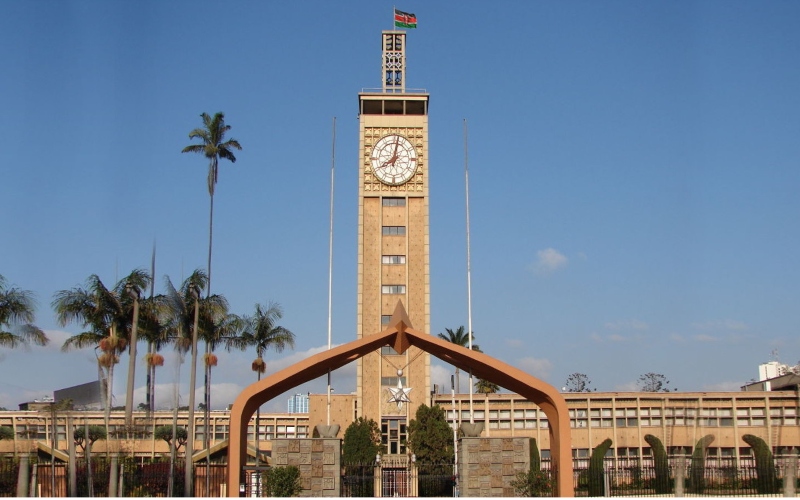Urban planning experts say forced evictions undermine local and national development

According to Kefa Otiso, forced evictions have a huge negative impact on people's socio-economic welfare.
Last week's eviction of elderly charcoal dealers in Mbotela Estate along Nairobi’s Jogoo Road was a continuation of many demolitions that have caught city dwellers off guard, with court cases and notices declaring their occupancy illegal.
The Eastleigh Voice sought the views of urban development planners on what ails the capital city of Nairobi, leading to perennial evictions.
More To Read
- High-rise living in Nairobi’s Pipeline estate is stressful: How men and women cope
- MPs demand trader-centered designs in ESP market projects
- MPs push for faster delivery of affordable housing, economic stimulus projects
- Court gives Nairobi County one year to align Parklands projects with planning laws
- Mombasa launches major crackdown on unsafe buildings with 60-day ultimatum
- Court of Appeal orders Nairobi to finalise zoning rules in Rhapta Road dispute, caps developments at 16 floors
For instance, in the Mbotela evictions, the traders who are now counting losses after their structures were demolished watched as police officers provided security as the demolition continued. They had lived on the land since independence.
The traders maintain that the land was surrendered to them by the Nairobi City Council, which, on October 11, 2002, through the town clerk, gave consent for the formalisation and allocation of space for their charcoal business.
They blamed the owner of a construction company, who also claims ownership of the land, for the demolition on Friday.
The traders insist that their land is registered under number 209/4844/124, not number 209/4844/59/R, which belongs to the construction company.
They accused the firm's owner of failing to honour a court order, which required them to appear in court on January 28. Records show that the land was subdivided and each trader operating under the self-help group was issued an allotment letter on November 28, 2002.
According to Kefa Otiso who does geographic research on urban and economic geography, by forcing people out of their homes and denying them their right to due legal process, forced evictions have a huge negative impact on people's socio-economic welfare. They often lose their belongings and potential livelihoods without compensation and don't have any other place to live.
"Forced evictions also undermine local and national development by destroying accumulated social and economic networks and property. Thus, displaced people often have to start and rebuild their lives from scratch in new locations," argues Otiso.
More needs to be done
Urban development planner Ted Mulama argues that despite the government's initiatives such as the construction of affordable houses under the Boma Yangu initiative, a lot more needs to be done.
"With the provision of housing comes the need to provide other utilities such as good public schools, quality and affordable education, access to clean water, access to sewerage and other waste management systems, access to recreational facilities, and convenient public transport systems. These utilities should ideally be [provided] across the country as the cities grow," says Mulama.
He says that the growing heaps of garbage in Nairobi’s central business district (CBD), insecurity in the city, traffic congestion and poor drainage and sewerage systems are all evidence of how the management of the city has failed in urban planning.
He calls for a planning system that should incorporate factors that are critical to the housing such as the provision of clean water to households, proper sewerage and waste management systems, and provision of quality recreational and educational facilities.
Urban Development Planning Consultant Alfred Omenya in his 2005 research paper titled, “A networks approach to understanding the role of the market and the State in housing: the cases of Nairobi, Kenya and Johannesburg, South Africa”, published by Discovery and Innovation, provision of infrastructure, services and social amenities ignores the collective resources of low-income households. Labour and sweat equity concepts are misplaced in light of cheap labour and unemployment, particularly in Nairobi.
"The means of accessing finance for housing available to the poor tend to be exploitative despite government regulation in the case of Johannesburg. Building standards, materials and technology favour the upper-income groups despite allowance in both cities for lower building standards," notes the research paper.
Top Stories Today











































